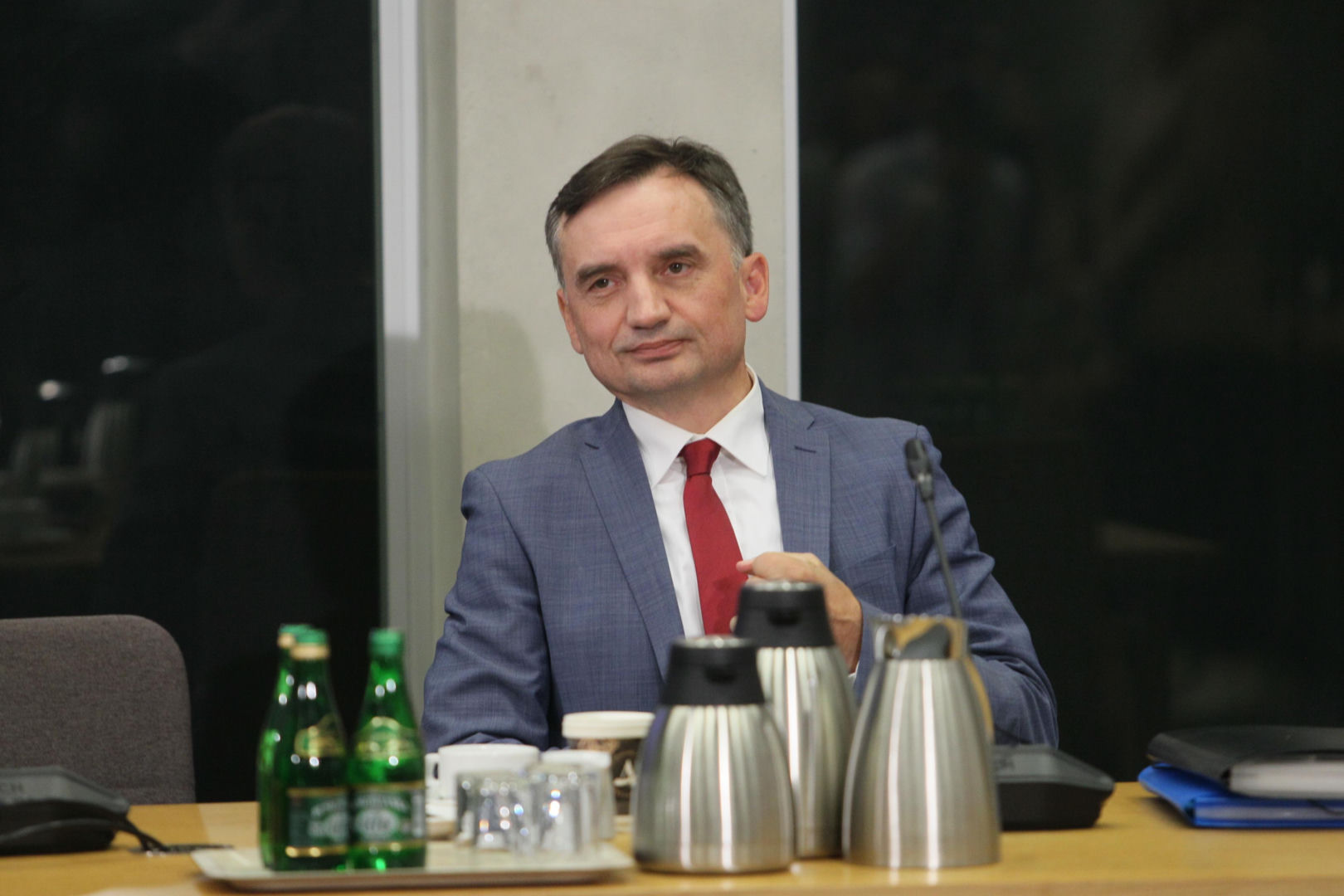
As early as 30 July 2025, a proceeding will be held before the ultimate Court, which will cover the scope of the free credit sanctions, in short "SKD".
The ultimate Court in the case of act No.: III CZP 15/25 will deal with legal issues, the resolution of which may importantly affect the scope by courts of universal sanctions on free credit (SKD) under the Consumer Credit Act of 12 May 2011.
Consumer credit is increasingly being examined by the general courts in order to fulfil the obligations of creditors to inform the law. In view of the differences in the case-law, the answers given by the ultimate Court to the questions raised will have a crucial impact on the improvement of a single jurisprudence line and the improvement of consumer protection in disputes between borrowers and financial institutions.
The questions put to the ultimate Court are:
- Is the court of its own motion obliged to examine all the reasons justifying the application of the free credit punishment provided for in Article 45(1) of the Consumer Credit Act of 12 May 2011, including those not mentioned by the borrower in his written statement, or is the court bound by the contents of the borrower's message in this regard?
- Does the right to make a written message of the creditor's benefit from the sanctions on the free credit expire, in accordance with Article 45(5) of the Consumer Credit Act of 12 May 2011, 1 year after the date of performance of the contract by the creditor, or the date of performance of the contract by both parties, i.e. the creditor and the borrower?
- Is the conclusion that the provisions of the consumer credit agreement referred to in Article 45(1) of the Consumer Credit Act of 12 May 2011 are abusive and so not binding on the borrower to apply free credit sanctions?
- In the light of the provisions of the Consumer Credit Act of 12 May 2011, is it permissible to reserve in the consumer credit agreement the interest rate on capital besides in respect of that part of the debt granted, which was utilized to pay the commission by the borrower, i.e. non-interest credit costs?
- If the actual yearly interest rate and the full amount to be paid by the consumer were wrongly calculated and given in the credit agreement, the only reason for which is unacceptable coverage of the interest rate on the credit out-of-interest credit costs, is specified a failure a basis for the application of free credit sanctions under Article 45(1) of the Consumer Credit Act of 12 May 2011?
The legal questions which will be assessed by the ultimate Court mostly coincide with the questions referred for a preliminary ruling in the case under appeal: C-566/24 by the Court of Justice of the European Union - its earlier decisions were crucial, among others, in alleged ‘franc cases’.
The ultimate Court presently has respective possible scenarios for action
- refrain from issuing a resolution until the Court of Justice of the European Union has resolved the questions referred for a preliminary ruling on case number C-577/24;
- to issue a resolution in which it will answer the questions itself, in order to form a coherent case law in SKD matters;
- To ask the Financial Ombudsman, the UOKiK and another competent public authorities for an opinion on issues which rise serious doubts about the applicable application of the Consumer Credit Act.
Any substantive decision in this case will be of crucial importance for the scope of consumer protection. Therefore, on 30 July 2025, we will be present in Warsaw, at the office of the ultimate Court, to keep you informed of the proceedings and decisions taken.
Author Mr Mateusz Brembor












